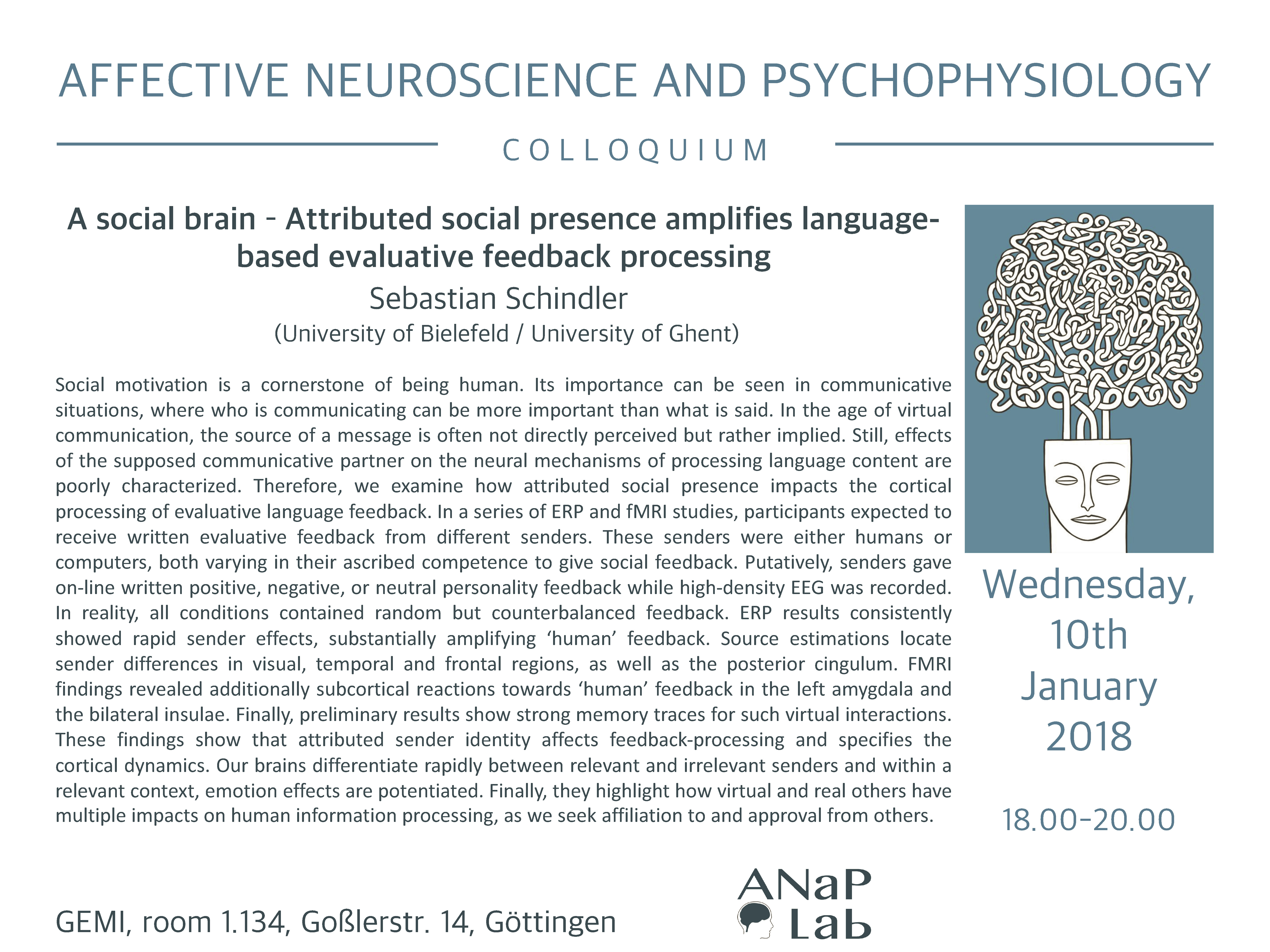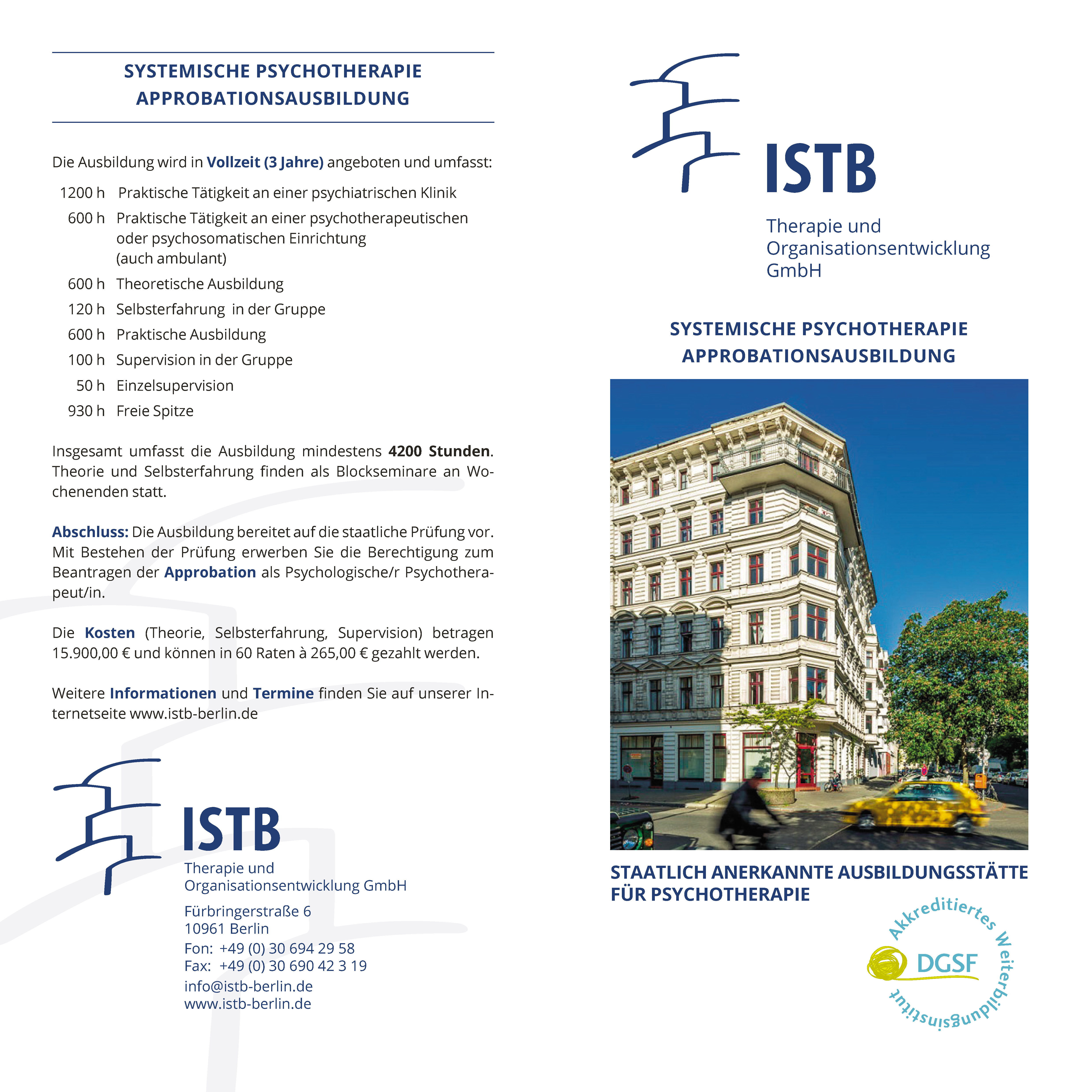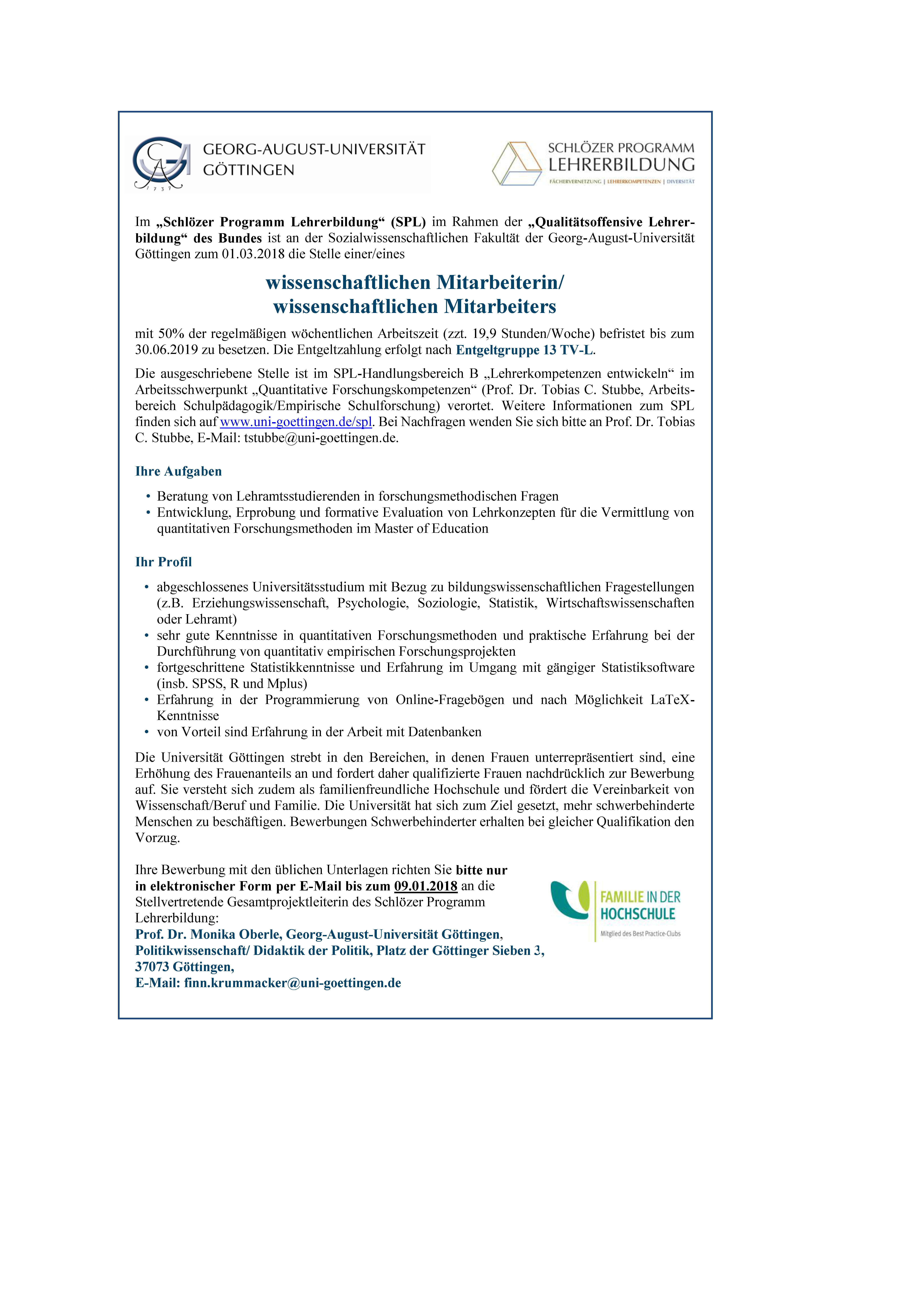
Tag: 8. Januar 2018
Besuch des Museums Friedland
Liebe Studierende,
seit über 70 Jahren steht der kleine Ort Friedland nahe Göttingen für Flucht, Migration und Neubeginn. Mehr als vier Millionen Menschen kamen seit 1945 bis heute im Grenzdurchgangslager Friedland an.
Im Rahmen unseres Projekts „Integrationstandems und Supervised Networking“ an der ZESS – Zentralen Einrichtung für Sprachen und Schlüsselqualifikationen laden wir interessierte Studierende aller Fachrichtungen zu einer Exkursion ein.
Am 19.01.2018 starten wir um 10.00 Uhr vom Göttinger Bahnhof zu einem Besuch des Museums Friedland mit anschließender Führung über das Lagergelände.
Da die Plätze begrenzt sind, ist eine Anmeldung per Mail an christa.zieker@zess.uni-goettingen.de notwendig.
Bei Interesse wird die Führung in englischer Sprache stattfinden.
Mit besten Grüßen
Julia Pfrötschner und Christa Zieker

Einladung zum Vortrag
Gründungsförderung und Innovationsscouting
09.01.2018, 10:15 Uhr, Raum 1.136
Aus dem Team Wirtschaftskontakte und Wissenstransfer der Universität Göttingen geben Lea F. Lenz, Stefanie Pinkert und Martin Stammann im Rahmen des Vertiefungsmoduls Sozial- und Kommunikationspsychologie (M.Psy.603) Einblicke in ihre Arbeit zur Gründungsförderung (S. Pinkert & M. Stammann) und Innovationsscouting im SüdniedersachsenInnovationsCampus (SNIC) (L. F. Lenz).
Sie sind herzlich zur Teilnahme eingeladen.
Einladung zum Vortrag
Dear all,
Bob McMurray (University of Iowa) is visiting the RTG 2070 and will give a talk at the RTG Colloquium on January 10th, 2:30 p.m. (GEMI, Goßlerstraße 14, room 1.140):
It’s not what you know, It’s how you use it: The slow development of real-time lexical processing
Bob McMurray
Dept. of Psychological and Brain Sciences, Dept. of Communication Sciences and Disorders
Dept. of Linguistics, Dept. of Otolaryngology
University of Iowa
Every utterance is at least partially ambiguous. Acoustic input is variable; word meanings are context dependent; and the fact that speech unfolds over time creates short periods where there is not sufficient information to parse the sentence, recognize a word, or even categorize a phoneme. Skilled listeners deploy complex real-time processes to solve these problems and map incoming speech to meaning. These processes are well understood in typical adults, but work on development and disordered language often treats real-time processes as a matter of performance, focusing on whether children have the right language “knowledge”. Yet, the inherent ambiguity of language means that knowledge alone cannot be sufficient to explain skilled communication. This talk examines these issues in the context of lexical and phonological processing. I present research using the visual world paradigm to assess these issues in typically developing children. This shows that even in typical children, when viewed from the lens of real-time processing, speech perception and spoken word recognition develop quite late—through adolescence. I also present work on children with language impairment which documents a deficit in real-time lexical processing that is distinct from delayed development. I next consider how these real-time processes develop and how they relate to learning, examining several mechanisms that may support the development of real-time processing skills, as well as the consequences of differences in real-time processing for learning. As a whole, these studies suggest that the dynamics of real-time lexical processing are process that is tuned with experience to better manage ambiguity.
Best,
Vivien Radtke
Einladung zum Kolloquium
Liebe alle,
hier eine kleine Erinnerung an unser nächstes Cognitive Science Kolloquium. Am 11. Januar wird Azzurra Ruggeri vom MPI für Bildungsforschung unser Gast sein. In ihrem Vortrag beschäftigt sie sich mit Ecological learning: How children adapt their active learning strategies to achieve efficiency. Weitere Informationen zu ihrem Vortrag finden Sie auch im obigen Abstract.
Wie immer wird das Kolloquium von 12.15 bis 13.45 Uhr im Hochhaus des Waldweg 26, Raum 2.111, stattfinden.
Mit besten Grüßen,
Anika Weinsdörfer
Infoabend Systemische Psychotherapie


Wiss. MitarbeiterIn gesucht
